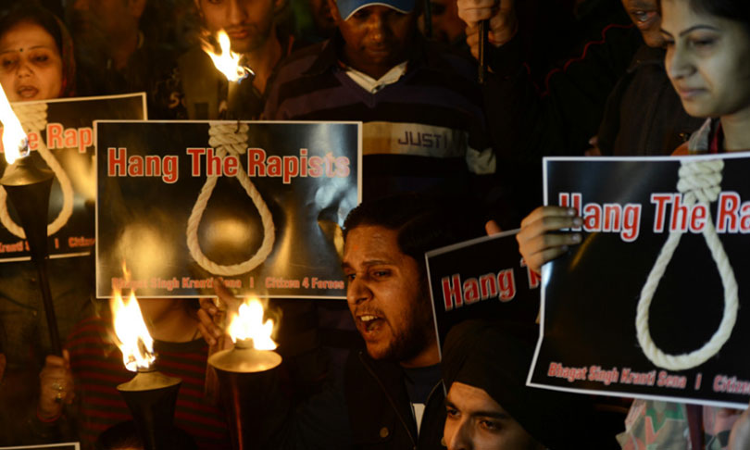Death Penalty For Child Rapists: Cabinet Approves Amendments In POCSO Act 2012
LIVELAW NEWS NETWORK
10 July 2019 8:24 PM IST

Next Story
10 July 2019 8:24 PM IST
Union Cabinet chaired by Prime Minister Narendra Modi has approved the Amendments in the Protection of Children from Sexual Offences (POCSO) Act, 2012."It will make punishment more stringent for committing sexual crimes against children including death penalty. The amendments also provide for levy of fines and imprisonment to curb child pornography"., states the PIB release.Read the Full...
